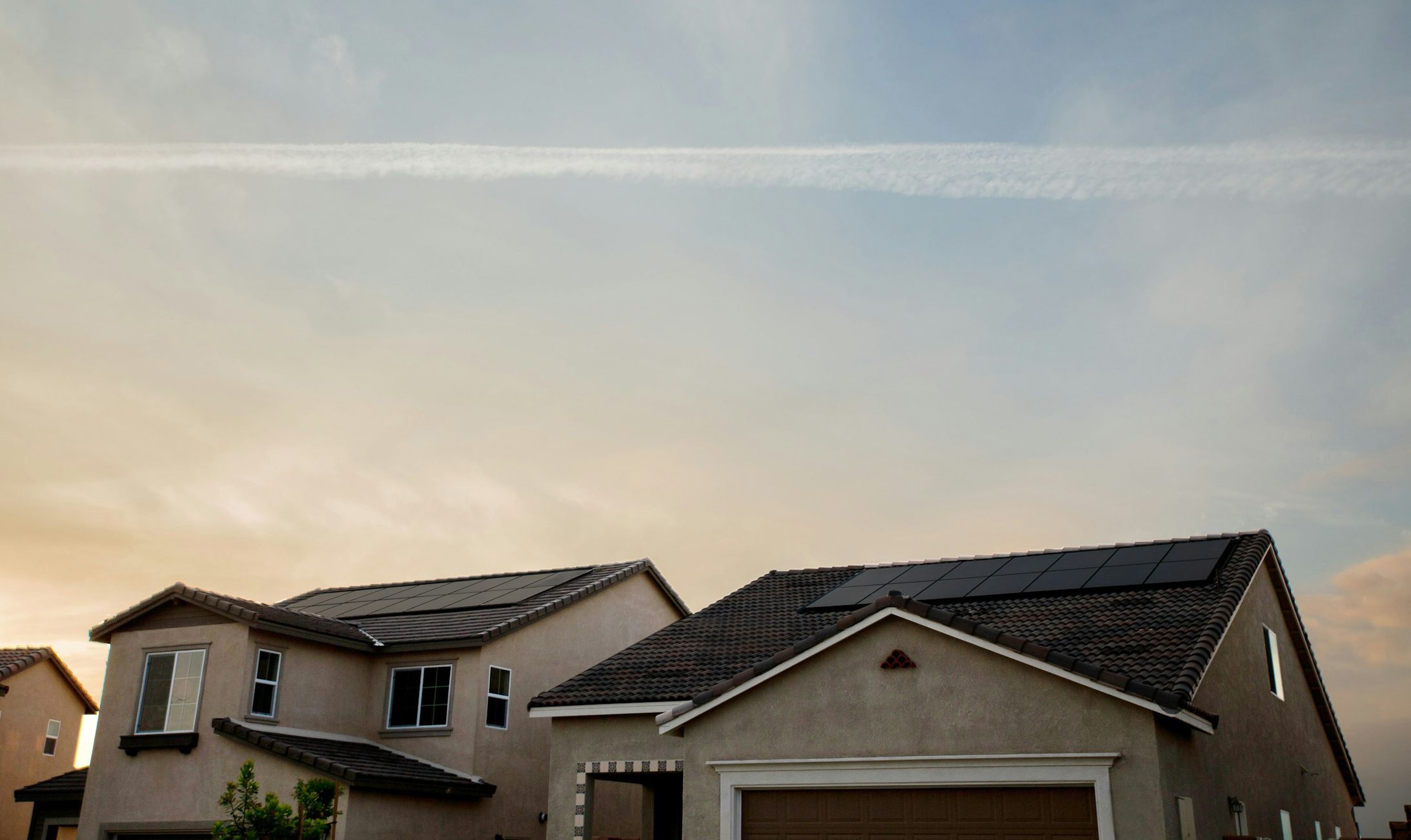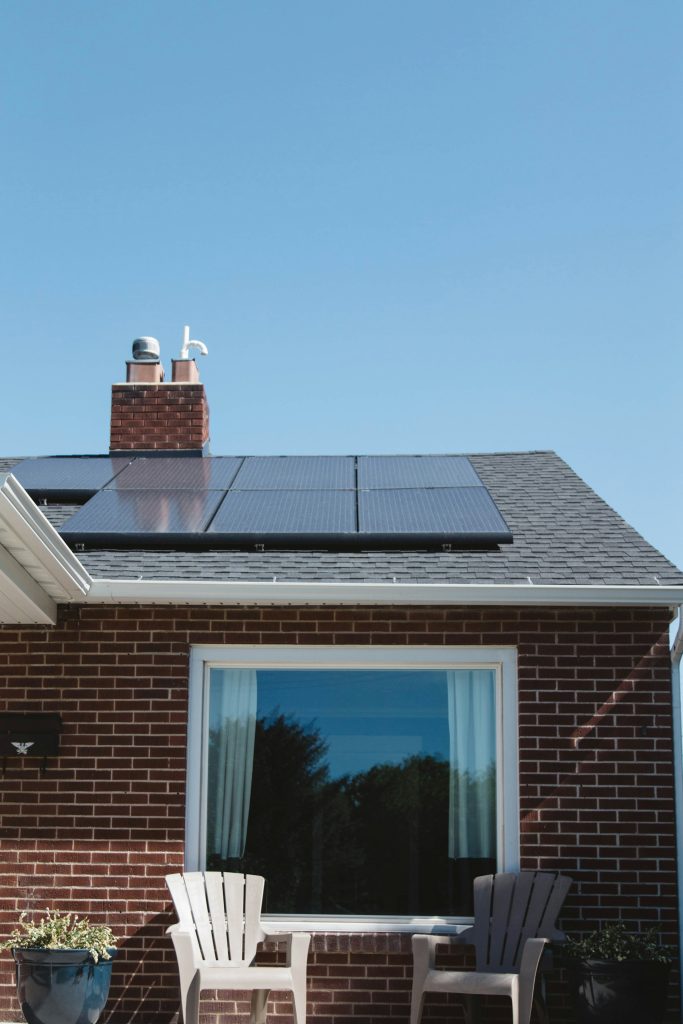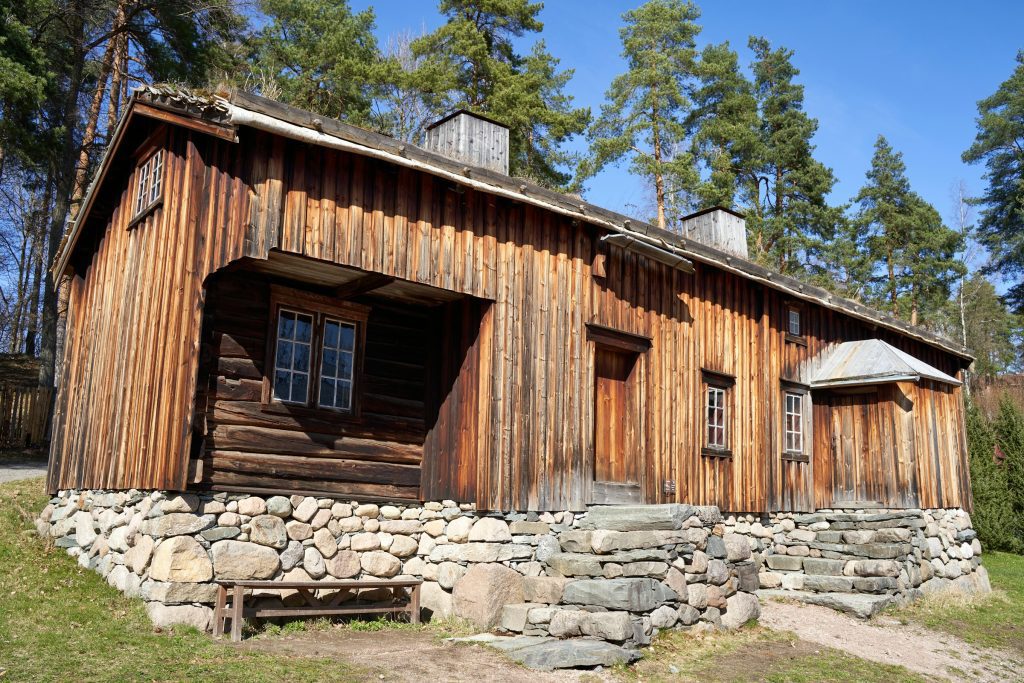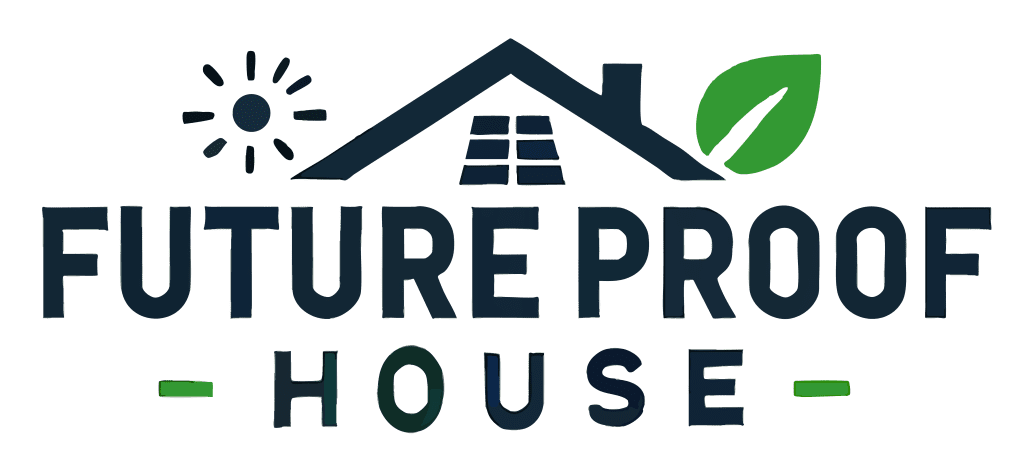
Home Energy Audits: What They Are and Why They Matter
As energy costs rise and homeowners seek ways to make their homes more efficient, home energy audits have become an essential tool for identifying areas of improvement. A professional energy audit provides a comprehensive analysis of a home’s energy usage, helping homeowners save money and reduce their carbon footprint.
What Is a Home Energy Audit?
A home energy audit is a detailed assessment of a home’s energy efficiency. It involves inspecting various aspects of the home, such as insulation, windows, HVAC systems, appliances, and air leaks, to determine how energy is being used and where improvements can be made.

Who Should Get a Home Energy Audit?
A home energy audit is beneficial for:
- Homeowners experiencing high energy bills – If monthly utility costs are steadily increasing, an audit can pinpoint inefficiencies.
- Those planning home upgrades – Before investing in insulation, HVAC systems, or windows, an audit can guide homeowners on the best upgrades.
- Homeowners aiming for energy efficiency – Anyone looking to lower their carbon footprint and transition to a more sustainable home should consider an audit.
- Prospective home buyers – Conducting an audit before purchasing a home can help assess future energy costs and upgrade needs.
How Much Does a Home Energy Audit Cost?
The cost of a professional energy audit varies based on home size and location:
- Basic audit: $100 – $300 (includes visual inspection and utility bill analysis)
- Comprehensive audit: $300 – $700 (includes blower door test, thermal imaging, and detailed recommendations)
- Full diagnostic audit: $700 – $1,500 (includes advanced diagnostics and performance monitoring over time)
Are There Programs to Help Cover the Cost?
Many states and utility companies offer rebates and incentives to help cover the cost of energy audits. Some key programs include:
- Federal Weatherization Assistance Program (WAP) – Provides free energy audits and home upgrades for low-income households.
- State and Local Incentives – Many states offer rebates for audits and efficiency upgrades through utility companies.
- Energy Star Home Performance Programs – Certain programs offer audits as part of broader home efficiency improvements.
- Inflation Reduction Act – May offer additional tax credits or financial support for energy assessments.
What Does a Good Home Energy Audit Reveal?
A professional audit should provide insights into:
- Air leaks and drafts – Identifying gaps around doors, windows, and attics.
- Insulation effectiveness – Measuring heat loss in walls, attics, and basements.
- HVAC efficiency – Assessing whether heating and cooling systems are properly functioning.
- Appliance energy consumption – Evaluating how much energy household appliances use.
- Lighting efficiency – Checking for outdated, energy-draining lighting fixtures.
- Moisture issues – Identifying leaks or condensation that could affect insulation and air quality.

DIY Home Energy Audit Tasks
While a professional audit is the most thorough option, homeowners can take some steps themselves:
- Check for drafts – Use a candle or incense stick near doors and windows to detect air leaks.
- Inspect insulation – Look in attics and crawl spaces to ensure insulation is properly installed.
- Evaluate appliance efficiency – Use an energy meter to measure power consumption.
- Replace inefficient lighting – Switch to LED bulbs to reduce energy waste.
- Monitor thermostat settings – Adjust heating and cooling to optimal energy-saving levels.
Final Thoughts
A home energy audit is an invaluable tool for homeowners looking to save on utility bills, increase comfort, and reduce energy waste. Whether using professional services or starting with a DIY assessment, improving home energy efficiency benefits both the wallet and the environment.

